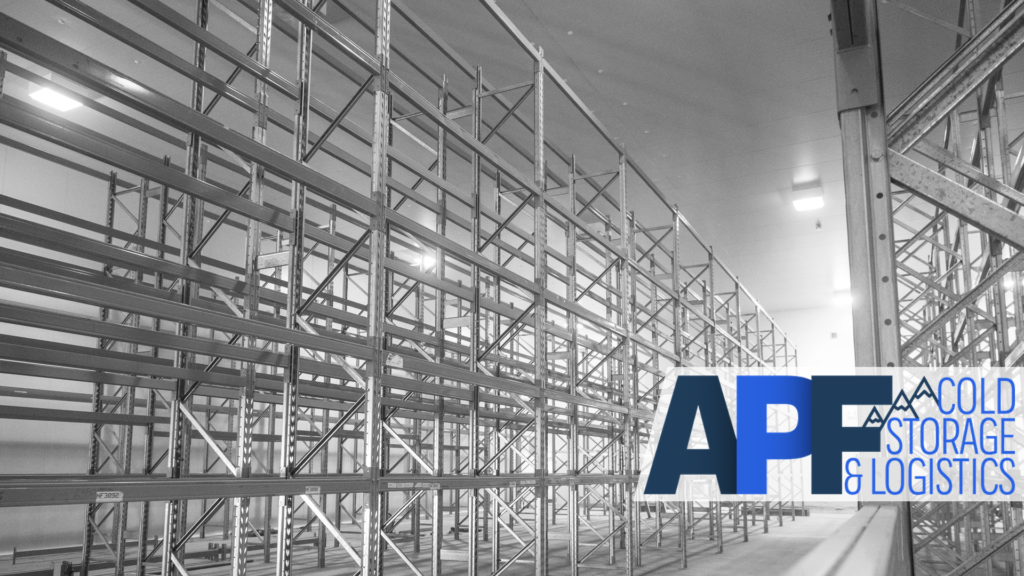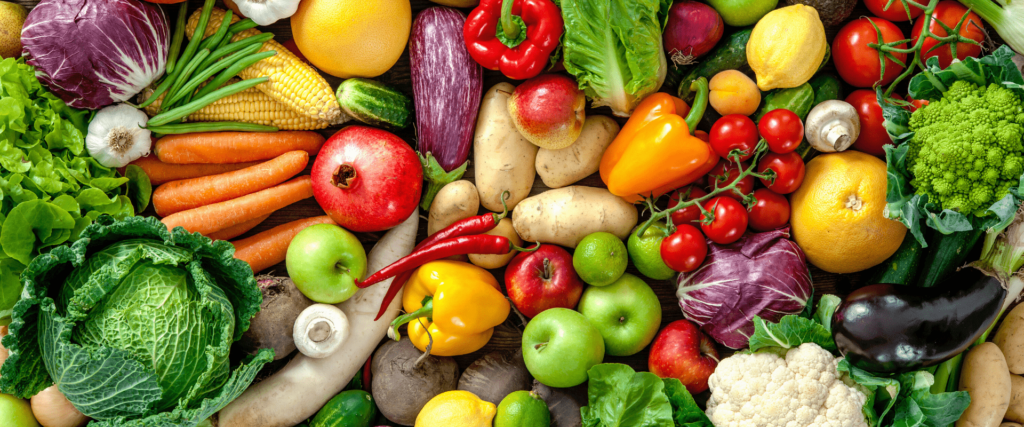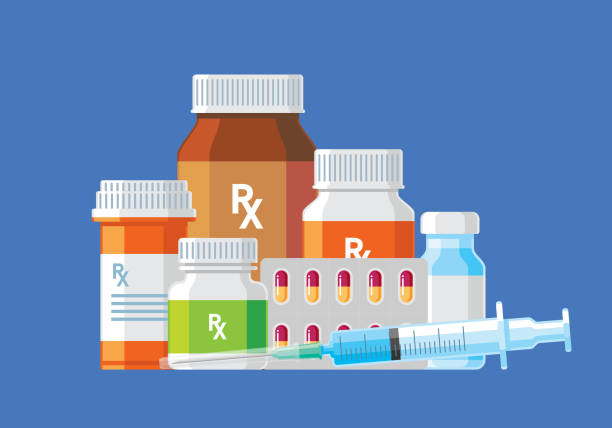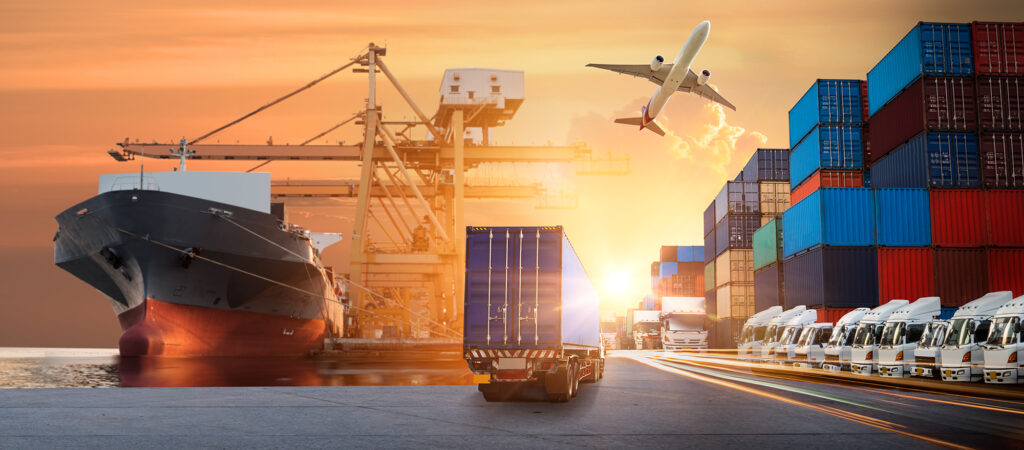Lockdown was the perfect time for many Australians to start their fitness journeys, become a yogi, and try to come out of isolation looking like a ripped god of the fitness world. Over the last 5 years, 82% of Australians have adapted to a healthier diet and its no wonder due to the number of unhealthy foods being listed as cancer causing as well as heart disease being responsible for 1 in 4 Australian deaths.
In order to keep up with the high demand for fresh foods, cold storage facilities that are already at capacity need to expand. The pressure in Australia is significantly higher due to the hot weather conditions and having significantly less cold storage than the rest of the world. In Australia the cold storage space averages to 0.083m3 per person with the global average being 0.15m3 per person (almost double).

In the first 6 months of 2021 the health food delivery services increased their value by 3 times the amount. Lite n Easy and Hello Fresh made a combined total of $28 million, whereas Uber and Menulog made a combined total of only $25 million. Lite n Easy and Hello Fresh are fresh food delivery services and so they need cold storage space in order to keep their produce… well… fresh. On top of this, the overall grocery market is set to double by 2025 with the health conscious population opting for a home cooked meal rather than take-out.

Healthcare such as antibiotics, eye drops and the covid vaccine, need to be refrigerated in order to keep the active ingredients stable. When Australia started to make their own covid vaccination, the 57.1 million vaccines had to be stored in cold storage facilities before being rolled out to the public. On top of this, the mass demand for other medications and treatments in hospitals have also risen significantly and so putting yet more strain on the cold storage industry.

When the world had its temporary shut down in 2020, the exports of Australia were drastically effected. This meant that seafood and meats could no longer be exported out of Australia. With frozen bovine meat being one of our biggest exports at $4 billion, it meant all that stock then had to be stored in huge freezers before being able to be exported to primarily Asian countries.

In simpler terms, due to people eating healthy, the rise of healthcare and vaccines, and covid-19 having a large impact on exports, the desire for cold storage is significantly rising not just in Australia but around the world. This demand is predicted to keep going up and up for the long run, and so cold storage will be the fuel for the economy and this is the drive that keeps us at APF excited for the future.
